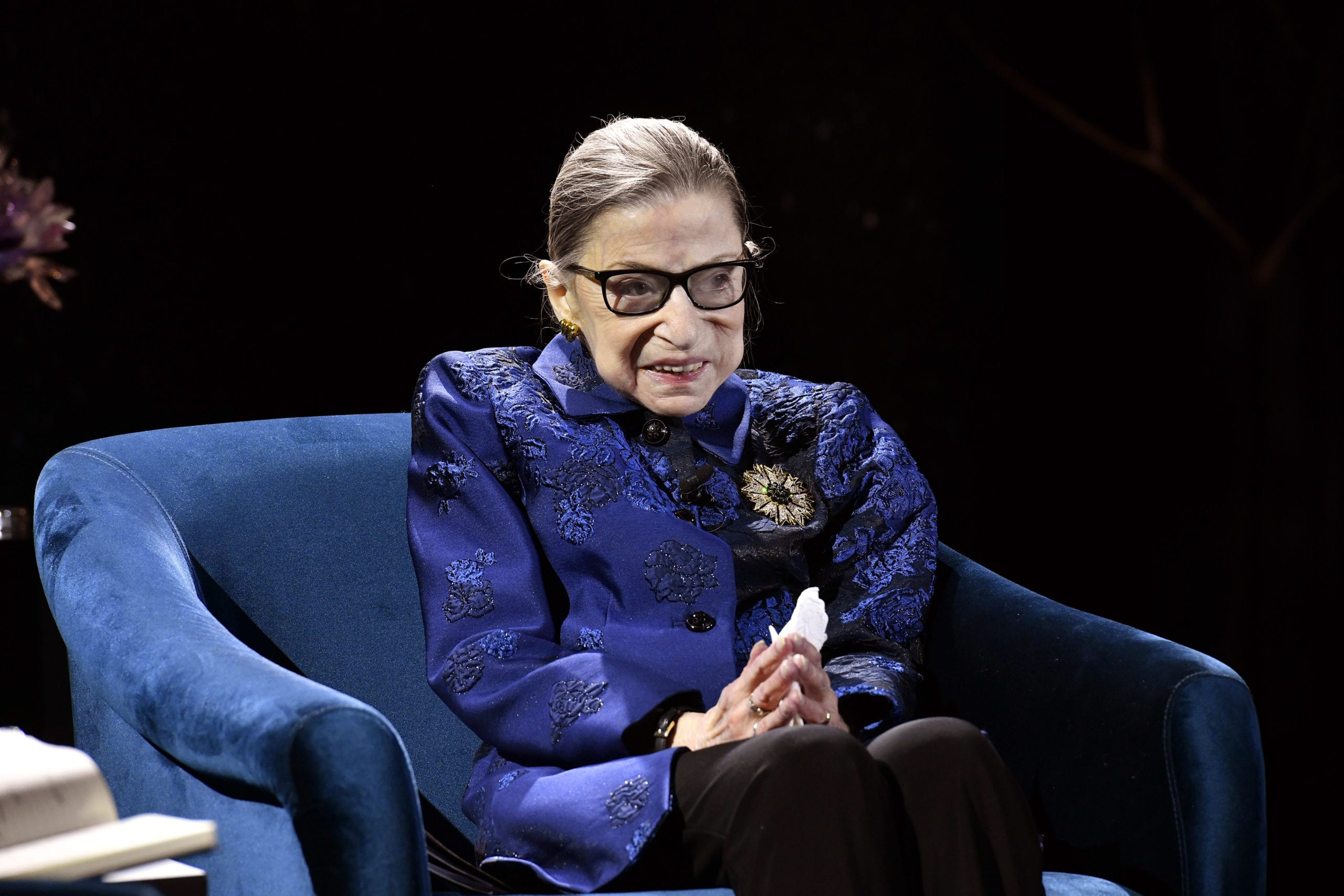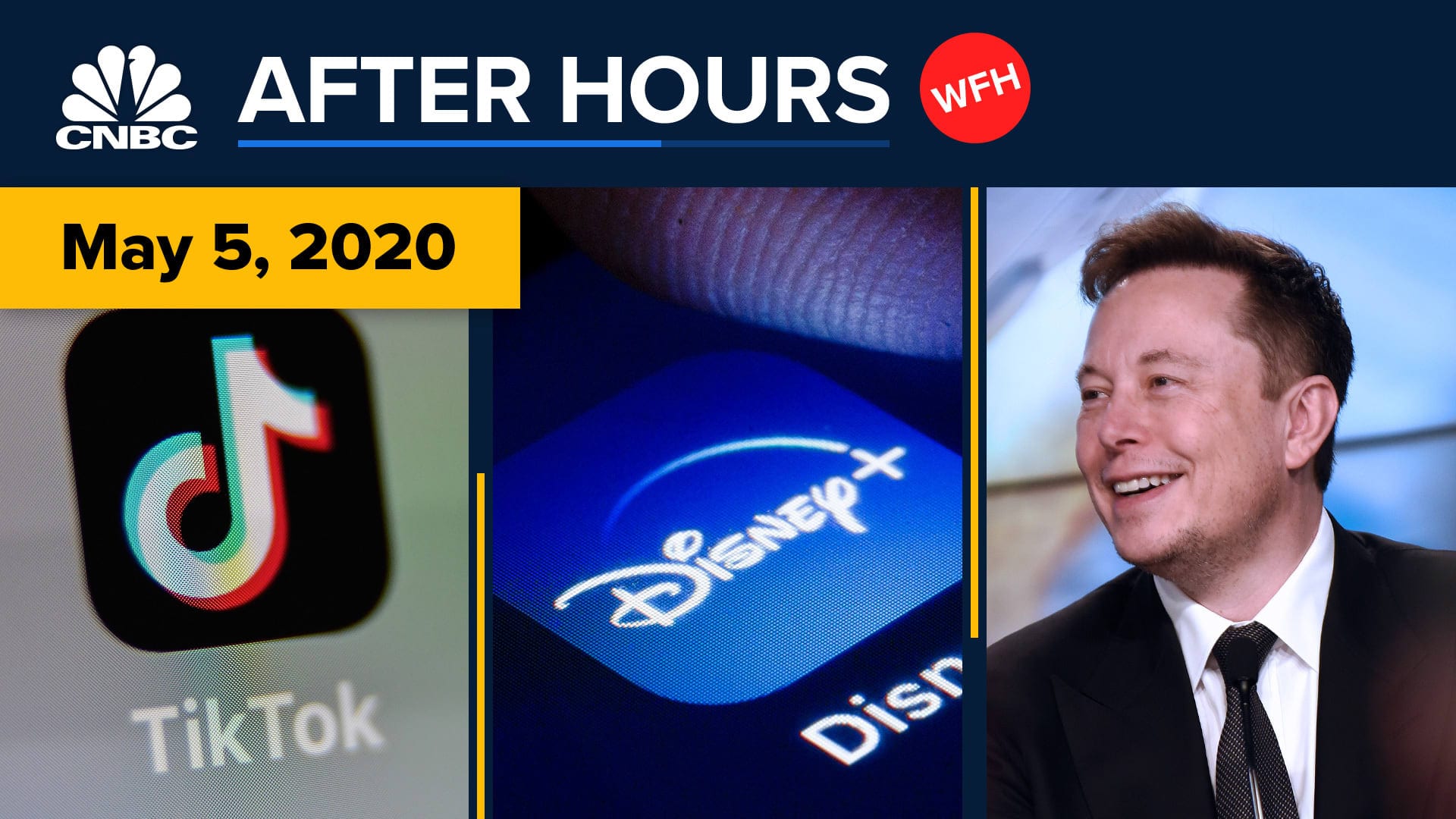[ad_1]
Temporary closed signage is seen at a store in Manhattan borough following the outbreak of coronavirus disease (COVID-19), in New York City, U.S., March 15, 2020.
Jeenah Moon | Reuters
Over half of chief executives around the world believe coronavirus is a significant threat to their business, but worse, 11% fear their business won’t survive the resulting economic downturn.
The grim forecast is included in a new global survey of over 3,500 chief executives, which was conducted from April 15–19 by YPO, an organization of more than 29,000 chief executives in 130 countries. Updated from YPO’s March survey of more than 2,750 companies, the responses illustrate the vast change in business leaders’ perspectives in recent weeks.
In all, 84% of respondents to the April survey said the business outlook is more dire than it was on March 1, when there were less than 500 confirmed cases of coronavirus in the U.S., according to the CDC.
The hospitality and restaurant sector appears to be the most vulnerable industry, with 41% of CEOs saying their business might not survive the crisis. Thirty percent of leaders in aerospace and aviation, 19% in wholesale and retail sales and 19% in education said their business is at risk of failure.
The U.S. Senate passed a bill Tuesday allocating an additional $484 billion to small businesses and hospitals, which have been hit particularly hard by the crisis. Many large public companies have received loans in addition to small businesses.
The YPO survey found 64% of executives anticipating lower revenue continuing at least one year from now; 16% believe their revenues will actually be higher. Forty-three percent of CEOs expect revenue to be down by more than 20% in a year — executives in the Middle East, North Africa and South Asia regions are most likely to predict a larger decrease.
I expected more variability across the regions. Everybody sees the same sharp recession and long recovery.
The outlook on employment is better, with 51% of CEOs polled saying their total number of employees will be the same or higher one year from now. But one quarter of respondents expect that number to be down by more than 20%, with businesses in the Canada, Australia, Middle East and North Africa regions more likely than those in the U.S. to anticipate big headcount reductions.
Business closures amid the pandemic have sent unemployment claims soaring to record levels, almost completely wiping out the 22 million jobs gained since the Great Recession. New York Gov. Andrew Cuomo said Tuesday that the state’s unemployment system “collapsed” due to the surge in claims.
Georgia Gov. Brian Kemp announced Monday that the state would be allowing certain businesses, including gyms and nail salons, to reopen. Other states, including Florida, Ohio and Tennessee, are expected to follow suit over the next few weeks.
Scott Mordell, the CEO of YPO, said the survey indicates a “significant decline in leader sentiment” as businesses deal with government stimulus, stock volatility and global GDP dips.
“What’s been amazing is that I expected more variability across the regions,” Mordell said. “Everybody sees the same sharp recession and long recovery.”
Sixty-one percent of executives indicated the economy will follow a U-shaped recovery curve, which represents a sharp recession with a prolonged recovery; 22% anticipate a W-shaped curve, or a double-dip recovery.
Mordell said that while the pandemic is having an alarmingly negative impact right now, it will stand as a momentous point in history and impact global life and business forever.
“I think it’s one of the most incredible experiments humankind has ever done,” said Mordell, “and we shouldn’t lose sight of that.”
About YPO
CNBC and YPO have formed an exclusive editorial partnership consisting of regional “Chief Executive Networks” in the Americas, EMEA and Asia-Pacific. These Chief Executive Networks are made up of a sample of YPO’s global network of 29,000 top executives from 130 countries who are on the front lines of the economy and run companies that collectively generate $9 trillion in annual revenue.

















